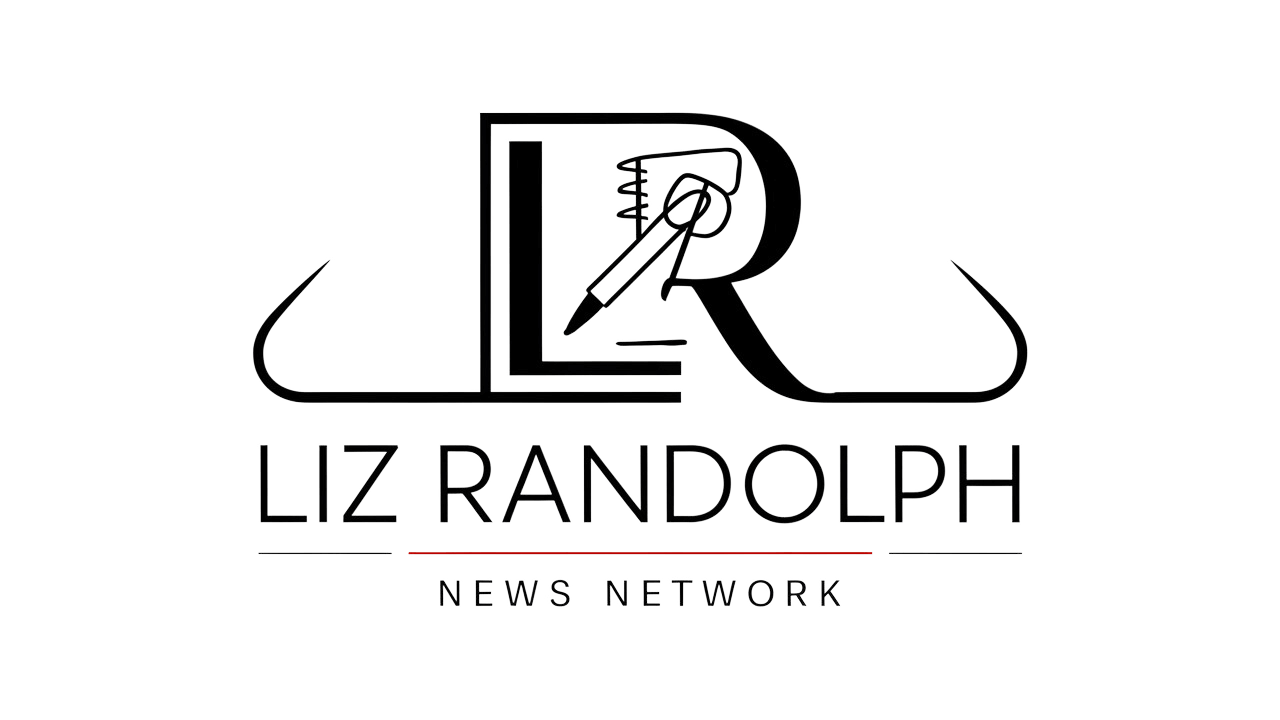
Establishing a solid financial groundwork in your 20s and 30s is pivotal for ensuring stability and security in the years to come. By adopting prudent money management strategies early on, such as building an emergency fund and making smart investment choices, you lay the foundation for a prosperous future. However, the journey to financial success entails more than just saving and investing. It involves making informed decisions about spending, setting achievable goals, and exploring avenues to boost your income. The path to financial security is a continuous process that requires foresight and diligence, setting the stage for a financially robust tomorrow.
Financial Emergency Preparedness
Financial preparedness for emergencies is a cornerstone of sound financial planning in one's 20s and 30s. Establishing an emergency fund is vital for ensuring financial stability and resilience in the face of unexpected financial setbacks. Building an emergency fund with 3-6 months of expenses is widely recommended to avoid debt during unforeseen circumstances. High-yield savings accounts such as UFB Secure Savings, offering up to 5.25% APY, can expedite the growth of your emergency fund, enhancing your financial preparedness.
Having a well-funded emergency fund not only safeguards you from financial emergencies but also provides peace of mind knowing that you have a safety net to rely on. Accounts like Marcus by Goldman Sachs, with a competitive 4.40% APY, offer a secure and accessible option for storing your emergency funds. By prioritizing the establishment of an emergency fund, individuals can proactively protect their financial well-being and be better equipped to handle unexpected expenses without derailing their financial goals.
Investing for Retirement in Your 20s
When planning for retirement in your 20s, it's essential to start early to benefit from compounding interest. Additionally, consider diversifying your investment options to manage risk effectively. Employer-sponsored retirement plans like 401(k)s can provide valuable tax benefits and serve as a strong foundation for your retirement savings.
Start Early for Compounding
By initiating retirement investments in your 20s, you lay the groundwork for harnessing the power of compounding interest to secure your financial future. Starting early allows your money more time to grow through compound interest, greatly increasing the value of your retirement savings over time. Making small contributions during this period can lead to substantial growth in your retirement fund. Automating contributions to your retirement savings in your 20s sets a strong foundation for future financial security. The sooner you begin planning and investing for retirement, the more you can benefit from the compounding effect, ensuring a more comfortable financial position as you progress through life. It's all about setting a solid financial plan in motion early on.
Choose Diversified Investment Options
Initiating retirement investments in your 20s sets the stage for securing a stable financial future, and a key aspect to ponder at this stage is choosing diversified investment options. To enhance your retirement savings, consider tax-deferred accounts like 401(k) or traditional IRAs, offering potential tax benefits. Additionally, exploring post-tax options such as Roth 401(k) or Roth IRAs can provide tax advantages in the long run. Diversifying your investment portfolio with target-date funds can help adjust risk levels as you progress towards retirement. Seeking guidance from a financial advisor is essential to align your investments with your long-term financial goals. Regularly reviewing and adjusting your portfolio based on market conditions is vital for optimal performance and growth.
Consider Employer-Sponsored Retirement Plans
Considering employer-sponsored retirement plans is an important step in early financial planning for individuals in their 20s, providing a foundation for long-term savings and investment growth. Employer-sponsored plans like 401(k) and 403(b) offer tax advantages as employees can contribute pre-tax income towards retirement. Employers often match these contributions, boosting retirement savings. Traditional IRAs provide tax-deferred growth, while Roth IRAs allow tax-free withdrawals in retirement. With the SECURE Act 2.0 facilitating employer matching for Roth 401(k)s, utilizing post-tax options can be advantageous. It's essential to grasp the tax implications of employer contributions to Roth 401(k)s, as taxes are typically due in the contribution year. Taking advantage of employer-sponsored retirement plans can greatly enhance long-term financial security.
Responsible Credit Card Usage
Responsible credit card usage is essential for establishing and maintaining a healthy credit score. This involves building a positive credit history, managing credit limits effectively, and avoiding high-interest debt. By adhering to these practices, individuals can pave the way for better financial opportunities in the future.
Building Credit History
Establishing a solid credit history through prudent credit card utilization is essential for securing favorable financial opportunities in the future. Responsible credit card usage is vital for building a positive credit history, which can lead to better loan terms and interest rates. Options like student credit cards cater to individuals with fair or no credit history, providing a starting point for establishing credit. By avoiding overspending and high-interest debt accumulation, individuals can maintain financial stability. Utilizing credit cards responsibly not only helps in the present but also lays the groundwork for a strong financial foundation for future endeavors.
| Credit Card Benefits | Responsible Usage |
|---|---|
| Better Loan Terms | Paying on Time |
| Lower Interest Rates | Monitoring Spending |
| Building Credit History | Avoiding Debt |
| Financial Stability | Utilizing Rewards |
Managing Credit Limits
Managing credit limits wisely is an essential aspect of responsible credit card usage that directly impacts one's financial health and borrowing capabilities. It involves maintaining a low credit utilization ratio, ideally below 30% of your total credit limit, to positively influence your credit score. While a higher credit limit can offer flexibility for managing expenses and emergencies, it is vital to avoid overspending. Demonstrating financial discipline by utilizing only a portion of your credit limit showcases responsible credit management. Credit limits are determined based on factors such as credit history, income, and credit score, which collectively affect your overall financial well-being and borrowing capability. By prudently managing your credit limit, you can enhance your financial stability and long-term borrowing potential.
Avoiding High Interest
Avoiding the burdens of high-interest debt is a crucial aspect of maintaining financial stability through prudent credit card usage. Responsible credit card usage plays an essential role in preserving financial health and preventing the pitfalls of credit card debt. Overspending on credit cards can lead to high-interest debt, which hinders long-term financial progress. To manage existing high-interest debt effectively, consider utilizing balance transfer credit cards with 0% intro APR offers like the Citi® Diamond Preferred® Card. For individuals with fair credit, options like the Discover it® Student Cash Back card provide opportunities to build credit responsibly. Maintaining good credit scores through responsible credit card practices is essential for a secure financial future. By being mindful of high interest and practicing responsible credit card management, individuals can safeguard their financial well-being.
Living Within Your Means in Your 30s
In your 30s, maintaining a budget and diligently tracking expenses are essential practices to guarantee prudent financial management and living within your means. To effectively navigate this stage of life, consider the following key points:
- Prioritize Savings: Allocate a portion of your income towards savings to build a financial cushion and work towards achieving future goals.
- Maintain a Budget: Create a detailed budget that covers essential expenses while also allowing room for savings and discretionary spending.
- Beware of Lifestyle Inflation: Be mindful of increasing expenses as your income grows to avoid falling into the trap of lifestyle inflation.
- Focus on Future Goals: Save for significant milestones like retirement and homeownership while balancing current expenses to secure your financial future.
- Develop Good Money Habits: Cultivate smart money habits early on to establish a strong financial foundation that will serve you well in the long run.
Increasing Income in Your 40s
As individuals progress into their 40s, seeking avenues to enhance their income becomes a pivotal focus alongside fortifying financial stability through debt reduction and increased contingency funds. To increase income, consider negotiating a raise or promotion at work, taking on additional responsibilities, or exploring side hustles or freelance opportunities. Simultaneously, it is important to pay down debt and boost contingency funds to improve financial stability. Aim to allocate at least 15% of your income towards retirement investing to secure your future. Additionally, establishing a non-retirement investment account can help diversify your financial portfolio and potentially increase your wealth. Contributing to college savings accounts for your children's education expenses is also advisable. Maintain a debt-to-asset ratio of no more than 50% to maintain a healthy financial position. By focusing on increasing income, reducing debt, and fortifying contingency funds, you can work towards building a strong financial foundation in your 40s.
Catch-Up Contributions in Your 50s
Approaching their 50s, individuals can take advantage of catch-up contributions to retirement accounts, enabling them to bolster their savings for the future.
- Catch-up contributions: Individuals aged 50 and older can make additional contributions to their retirement accounts.
- 401(k) plans: The 2021 catch-up contribution limit for 401(k) plans is an extra $6,500 for those aged 50 and above.
- IRAs: In 2021, individuals aged 50 and older can contribute an additional $1,000 to their IRAs.
- Save for retirement: Catch-up contributions are specifically designed to help older individuals save more as they near retirement.
- Boost savings: Leveraging catch-up contributions can significantly enhance one's retirement savings and financial preparedness for the future.
Planning for Medical Care in Retirement
Planning for medical care in retirement necessitates a thorough consideration of healthcare expenses to guarantee financial stability in later years. Healthcare costs in retirement can be substantial, averaging around $285,000 for a couple aged 65. To prepare for these expenses, individuals can explore options like Health Savings Accounts (HSAs), which allow for tax-free savings for medical care. Additionally, it is important to factor in potential long-term care costs, as the average annual cost of a private room in a nursing home exceeds $100,000. Planning for medical emergencies and treatments is also vital, requiring budgeting for health insurance premiums and out-of-pocket expenses. By incorporating these considerations into retirement planning, individuals can better secure their financial future and make sure they are adequately prepared for the various medical care needs that may arise during retirement.
Frequently Asked Questions
What Is the 50 30 20 Rule?
The 50 30 20 rule is a budgeting method that suggests allocating 50% of income to needs, 30% to wants, and 20% to savings and debt repayment. This approach helps individuals achieve a balanced financial plan by prioritizing essential expenses, discretionary spending, and saving for the future. Adhering to this rule promotes financial stability, responsible money management, increased savings, reduced debt, and a more secure financial future.
How to Set Yourself up Financially in Your 20s?
To set yourself up financially in your 20s, focus on establishing a solid foundation. Start by creating a budget that aligns with your financial goals and values. Prioritize building an emergency fund to handle unexpected expenses and consider investing for long-term growth. Additionally, work on building a positive credit history by managing credit responsibly. These steps will lay the groundwork for a secure financial future as you navigate your 20s.
How to Get Ahead Financially in Your 30s?
To get ahead financially in your 30s, focus on increasing your income through career advancements or side hustles, consistently saving and investing a significant portion of your earnings, and establishing a solid emergency fund to handle unexpected expenses. It's essential to prioritize debt repayment, maximize retirement contributions, and consider diversifying investments to build wealth effectively. Maintaining a balanced approach between spending, saving, and investing is key to securing a strong financial future.
Where Should a 25 Year Old Be Financially?
At 25, a person should aim to have a solid financial foundation by establishing an emergency fund, starting to invest for retirement, and building good credit habits. It's important to manage debt, increase income, and set clear financial goals to guarantee a stable future. By focusing on these key areas, a 25-year-old can position themselves well for long-term financial success and security.
